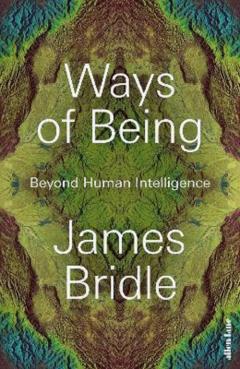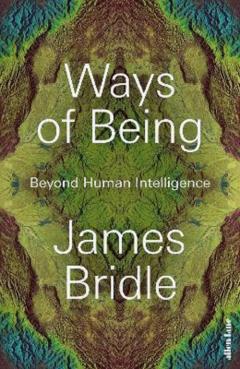'Iridescently original, deeply disorientating and yet somehow radically hopeful ... worth reading and rereading' Brian Eno
'Be prepared to re-evaluate your relationship with the amazing life forms with whom we share the planet. Fascinating, innovative and thought provoking: I thoroughly recommend Ways of Being' Dr Jane Goodall, DBE, Founder of the Jane Goodall Institute and UN Messenger of Peace
'Wonderful ... will make you feel and think the power of knowing how like all other lifeforms we are. There is nothing more important' Timothy Morton
Recent years have seen rapid advances in 'artificial' intelligence, which increasingly appears to be something stranger than we ever imagined. At the same time, we are becoming more aware of the other intelligences which have been with us all along, unrecognized. These other beings are the animals, plants, and natural systems that surround us, and are slowly revealing their complexity and knowledge - just as the new technologies we've built are threatening to cause their extinction, and ours.
In Ways of Being, writer and artist James Bridle considers the fascinating, uncanny and multiple ways of existing on earth. What can we learn from these other forms of intelligence and personhood, and how can we change our societies to live more equitably with one another and the non-human world? From Greek oracles to octopuses, forests to satellites, Bridle tells a radical new story about ecology, technology and intelligence. We must, they argue, expand our definition of these terms to build a meaningful and free relationship with the non-human, one based on solidarity and cognitive diversity. We have so much to learn, and many worlds to gain.
'Brilliant ... Bridle shows the importance of listening to one another and our surroundings, and of creating new forms of community' Hans Ulrich Obrist
Ways of Being: Animals, Plants, Machines
Language:
Engleza
Publishing Date:
2022
Publisher:
Cover Type:
Hardcover
Page Count:
304
ISBN:
9780241469651
Dimensions: l: 15.6cm | H: 24cm | 3.5cm | 611g
Unavailable
Price applicable only to online purchases!
Free Gift Wrapping!
Free shipping over 150 RON
You can return it in 14 days
You got questions? Contact Us!


